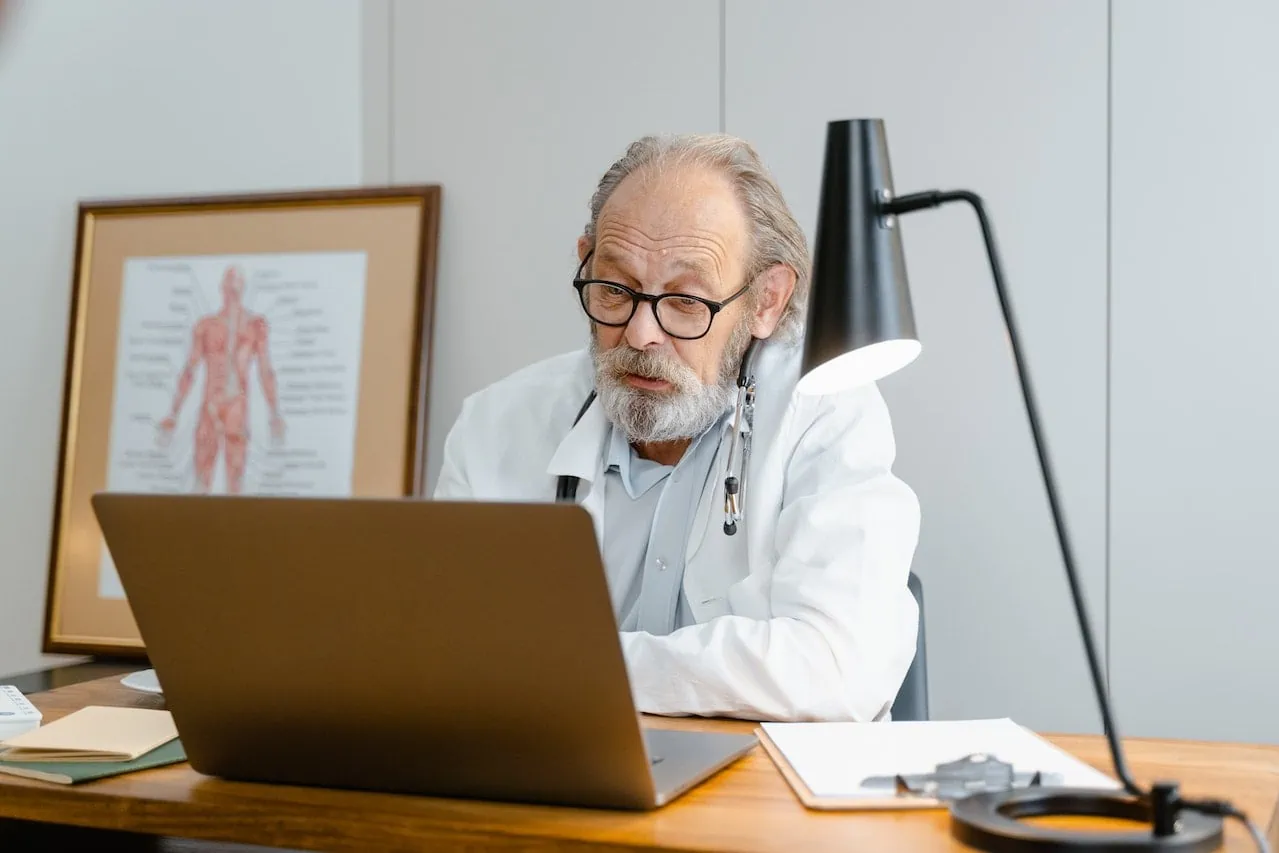
Attorney Generals Urge DEA To Make Telehealth for MAT Permanent
Last week, North Carolina's Attorney General Josh Stein and Florida Attorney General Ashley Moody banded together with other A.G. representatives from 45 states to support telehealth providers. The A.G.s got together to urge the DEA and the Substance Abuse and Mental Health Services Administration (SAMHSA) to permit providers to offer Medication-Assisted Treatment via telehealth as a regular option for people who need it.
When Was Telehealth MAT First Approved for People With OUD?
Federal authorities originally approved MAT availability via telehealth as a way to keep people safe during the COVID pandemic. Since then, many people who have accessibility issues have been able to begin buprenorphine through telehealth successfully. Opioid use disorder is difficult to treat without tools like MAT and peer groups, which now successfully take place online in many states.
Medication-Assisted Treatment offered via telehealth can help bridge vital gaps for people who need services. As a result, people can stabilize and work on their recovery goals without intense cravings for opioids.
Why Is Telehealth So Vital To Delivering Addiction Healthcare?
Addiction doesn't discriminate. People with certain disadvantages such as poverty, disability, or childcare issues still end up addicted to drugs sometimes. Opioid use disorder is an incredibly jarring disease. Most opioids are highly addictive, and the gold standard of care is talk therapy and Medication-Assisted Treatment. However, there aren't many facilities in rural areas that offer these options. In addition, some people may not own a car or have public transportation to take them to the next town for healthcare. The reality is that many people fall through the healthcare gap with addiction recovery.
How Did Telehealth Help With Addiction During the Pandemic?
After some initial frustration during the start of the pandemic, many drug treatment services were cut off, and new challenges arose. The pandemic allowed people who needed addiction treatment a new way to get vital services via telehealth. MAT, especially buprenorphine, could be prescribed to people who qualified as long as they were inside the state of North Carolina. For some people, the opportunity to get sober and stay sober was life-changing. They no longer had to leave behind their homes, families, and day jobs to get sober.
"Telehealth has been a powerful tool in allowing us to improve access to life-saving addiction treatment across North Carolina, especially in rural and underserved areas," said Dr. Robyn Jordan, Director of N.C. Substance Treatment And Recovery Network told reporters. "Many of our patients live in extreme circumstances, often without housing or transportation. Many would have no access to addiction treatment without telehealth. As an addiction treatment professional, I join those urging the federal government to preserve this essential service."
Telehealth Helps Fill Treatment Gaps
Telehealth has been helping people in over 46 states since the DEA allowed audio-visual telemedicine services to prescribe all Schedule II-V controlled substances. Unfortunately, because of the COVID pandemic, many treatment centers could not render their regular services. However, telehealth proved convenient and effective for many people. . People prescribed buprenorphine during the pandemic virtually also had lower overdose rates than those not utilizing MAT.
Twenty-eight million Americans live more than 10 miles away from a buprenorphine provider, making it a challenge to get in-person assistance. Nevertheless, rural America's addicted population benefitted greatly from the availability of buprenorphine and other MAT. Telehealth, if extended, can continue to provide vital services for people in rural communities.
The public health emergency will expire if the government doesn't take action. This could cost access to help for many rural North Carolina residents. Overall, an estimated 2.5 million U.S. adults have been utilizing MAT for their addiction recovery needs since the start of the authorization.
Getting Help for Opioid Use Disorder in North Carolina
Currently, North Carolina residents can receive the benefits of telehealth, including Medication-Assisted Treatment such as Suboxone, throughout the state. Recently, the Biden administration quietly extended the public health emergency, extending telehealth as a viable treatment option. The extension is for 90 days. It's important to note that the administration has repeatedly raised the public health emergency for three months.
If telehealth is made a permanent option, it will no longer be part of the health emergency.
You can still get help at home today! There is plenty of time to get sober and begin your healing journey to recovery! Call us at 910-295-7246 to learn how to get started.
If you are in need of help, please call us at: 910-295-7246 or message us.
Categories
Treatment
